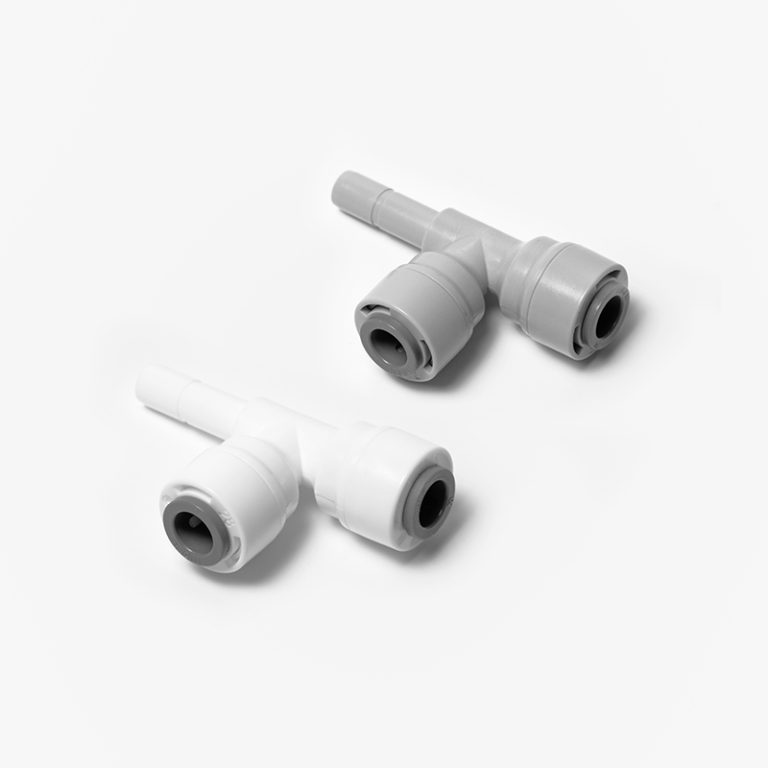“Seal out the elements with our waterproof connectors.”
Table of Contents
Benefits of Using Waterproof Automotive Electrical Connectors
Waterproof automotive electrical connectors are an essential component in modern vehicles, providing a reliable and secure connection for various electrical systems. These connectors are designed to withstand harsh environmental conditions, such as moisture, dust, and vibrations, ensuring the smooth operation of critical vehicle functions. In this article, we will explore the benefits of using waterproof automotive electrical connectors in vehicles.
One of the primary advantages of waterproof automotive electrical connectors is their ability to prevent water ingress, which can cause corrosion and short circuits in the electrical system. Water is a common enemy of electrical components, as it can lead to rust and degradation of the connector contacts, resulting in poor electrical conductivity and potential system failures. By using waterproof connectors, vehicle manufacturers can ensure the longevity and reliability of their electrical systems, even in wet or humid conditions.

In addition to protecting against water damage, waterproof automotive electrical connectors also offer superior resistance to dust and dirt. Dust and debris can accumulate in unprotected connectors, leading to poor contact and increased electrical resistance. This can result in voltage drops, overheating, and ultimately, system malfunctions. Waterproof connectors are sealed to prevent the ingress of dust and dirt, ensuring a clean and reliable connection for the electrical system.
Furthermore, waterproof automotive electrical connectors are designed to withstand vibrations and mechanical stress, which are common in vehicles operating on rough terrain or experiencing high-speed driving. These connectors are constructed with durable materials and secure locking mechanisms to prevent accidental disconnection or damage due to vibrations. This ensures that the electrical connections remain stable and secure, even under challenging conditions, providing uninterrupted power supply to critical vehicle components.
Another benefit of using waterproof automotive electrical connectors is their ease of installation and maintenance. These connectors are designed for quick and simple assembly, with user-friendly features such as color-coded terminals and locking mechanisms. This makes it easy for technicians to install or replace connectors without the need for specialized tools or training. Additionally, waterproof connectors require minimal maintenance, as they are sealed to protect against environmental contaminants, reducing the risk of corrosion and wear over time.

Overall, waterproof automotive electrical connectors offer a range of benefits for vehicle manufacturers and end-users alike. From protecting against water damage and dust ingress to withstanding vibrations and mechanical stress, these connectors provide a reliable and secure connection for critical electrical systems in vehicles. With their ease of installation and low maintenance requirements, waterproof connectors are an essential component in ensuring the longevity and performance of modern vehicles. Whether driving in wet conditions, off-road terrain, or high-speed environments, waterproof automotive electrical connectors offer peace of mind and confidence in the reliability of the vehicle’s electrical system.
How to Properly Install and Maintain Waterproof Automotive Electrical Connectors
Waterproof automotive electrical connectors are essential components in modern vehicles, ensuring that electrical systems function properly even in harsh weather conditions. These connectors are designed to protect the electrical connections from moisture, dirt, and other contaminants that can cause corrosion and electrical malfunctions. Proper installation and maintenance of waterproof automotive electrical connectors are crucial to ensure the longevity and reliability of the vehicle’s electrical system.
| Model | Tube(a) | Stem(b) |
|---|---|---|
| 1801-A | 1/4 | 1/4 |
| 1801-C | 1/4 | 3/8 |
When installing waterproof automotive electrical connectors, it is important to follow the manufacturer’s instructions carefully. Start by selecting the appropriate connector for the specific application, taking into consideration factors such as the number of pins, wire gauge, and voltage rating. Make sure that the connector is compatible with the wiring harness and other components in the vehicle.
Before connecting the wires, it is recommended to apply a small amount of dielectric grease to the terminals to provide additional protection against moisture and corrosion. This will help to create a tight seal and prevent water from seeping into the connector. Once the wires are connected, use a crimping tool to secure the terminals in place, ensuring a strong and reliable connection.
| Model | Tube(a) | Stem(b) |
|---|---|---|
| 1801-A | 1/4 | 1/4 |
| 1801-C | 1/4 | 3/13 |
After the connectors are installed, it is important to test the electrical connections to ensure that they are functioning properly. Use a multimeter to check for continuity and verify that there are no loose connections or shorts. It is also a good idea to perform a water test by spraying the connectors with water to see if any moisture penetrates the seal. If water does enter the connector, it may indicate that the seal is not tight enough and needs to be resealed.
Proper maintenance of waterproof automotive electrical connectors is essential to prevent corrosion and ensure the longevity of the electrical system. Regularly inspect the connectors for signs of damage, such as cracks, corrosion, or loose terminals. If any issues are found, it is important to address them promptly to prevent further damage to the electrical system.
To maintain the waterproof seal of the connectors, it is recommended to periodically apply dielectric grease to the terminals. This will help to keep moisture out and prevent corrosion from forming on the terminals. Additionally, it is important to keep the connectors clean and free of dirt and debris that can compromise the seal.
In conclusion, waterproof automotive electrical connectors play a crucial role in ensuring the reliability and longevity of a vehicle’s electrical system. Proper installation and maintenance of these connectors are essential to protect the electrical connections from moisture, dirt, and other contaminants. By following the manufacturer’s instructions, using dielectric grease, and performing regular inspections, you can ensure that your waterproof automotive electrical connectors are functioning properly and will continue to do so for years to come.







